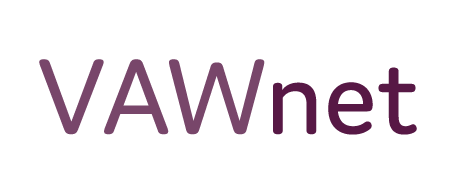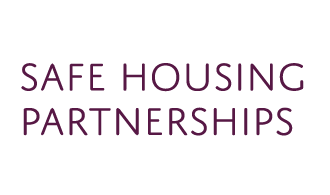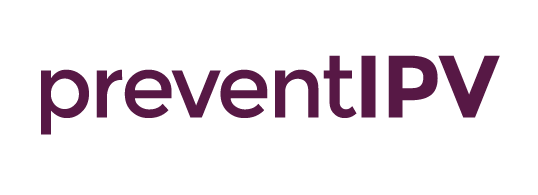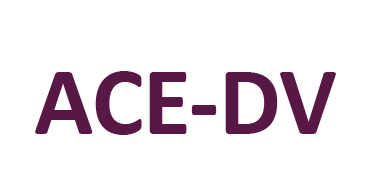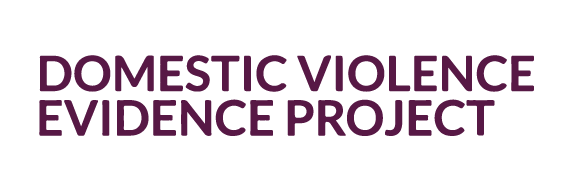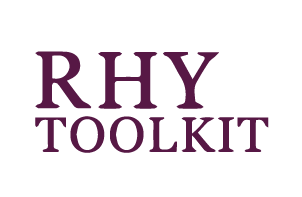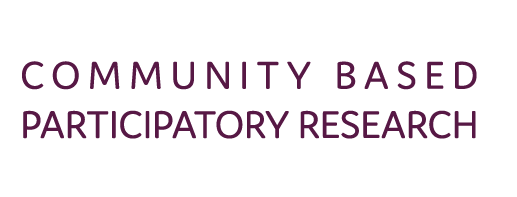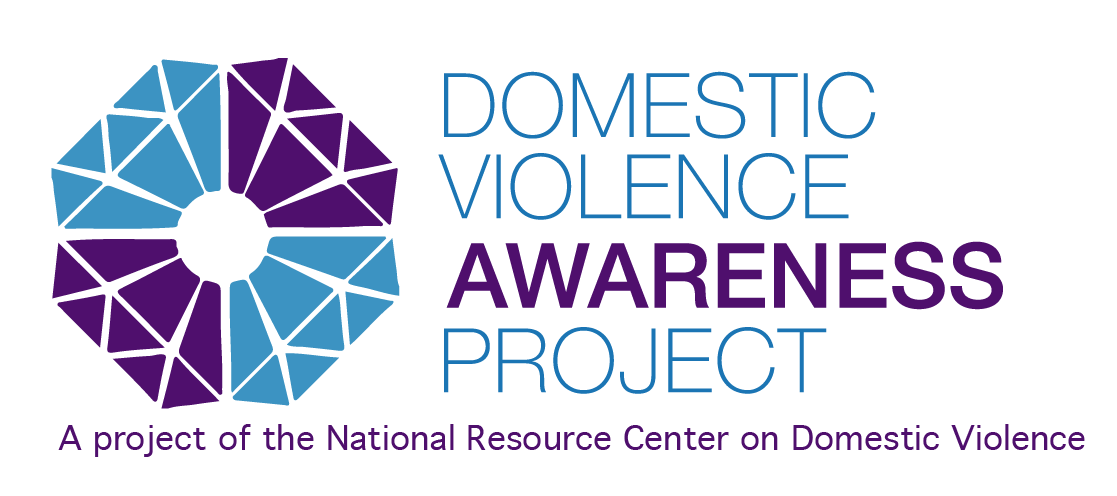OCTOBER 7, 2024
By Aida Negrón, Esperanza United
Note from NRCDV: As we close out the observance and celebration of National Hispanic Heritage Month on October 15th, we call attention to its overlap with Domestic Violence Awareness Month, especially as it relates to our call for No Survivor Justice Without Racial Justice. In this week’s post, guest blogger Aida Negrón from Esperanza United reflects on what healing means for Latin@ communities and how to overcome cultural and systemic barriers to healing.
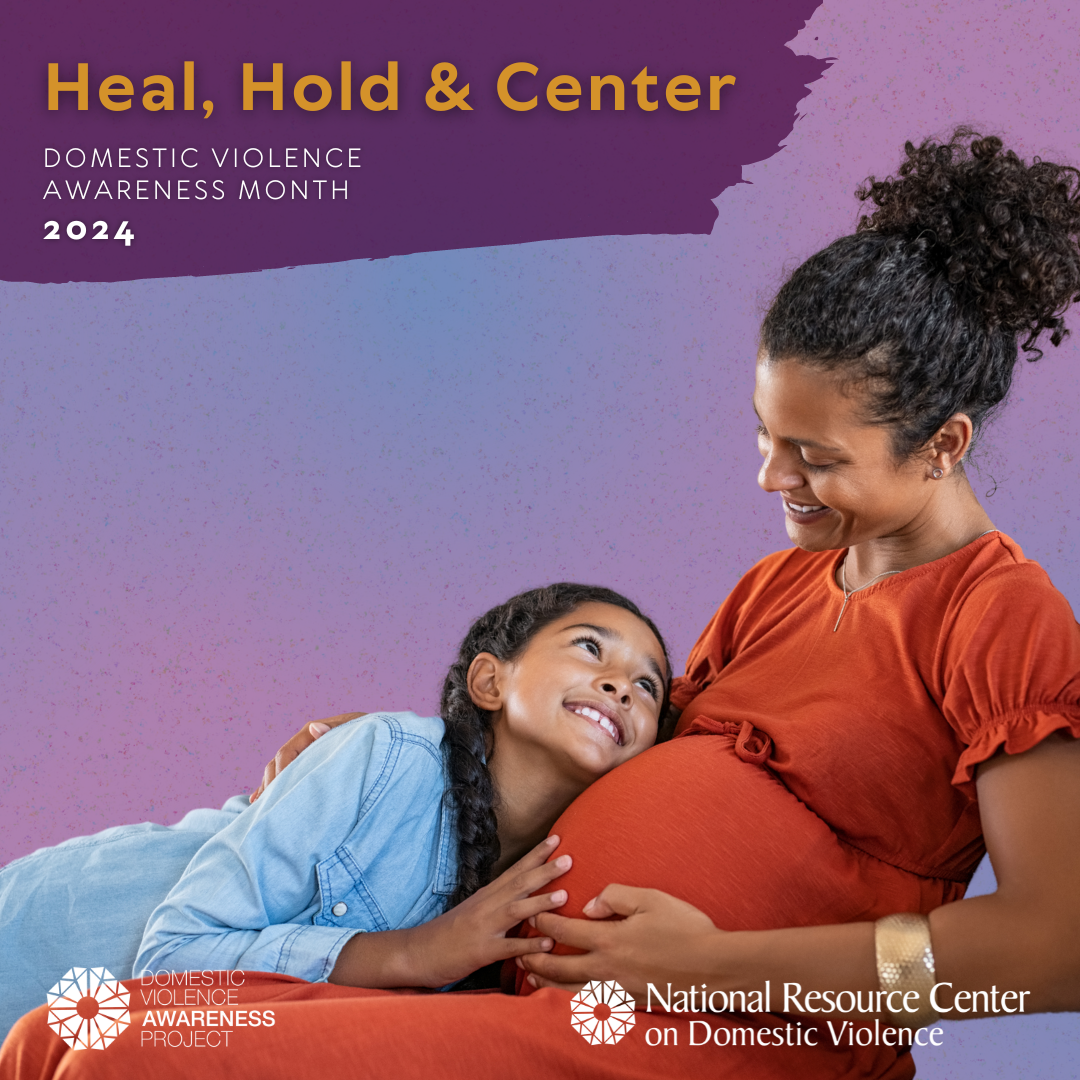 Healing isn’t just about moving past pain or difficult times. It’s about reclaiming your sense of self, feeling safe within your community, and finding connection with others who understand and support you. In Latin@ communities, where family, culture, and tradition are deeply valued, the path to healing relies on those pillars. Folks with intersecting identities, like LGBTQ Latin@ survivors, may face additional cultural and systemic barriers. These obstacles can make the journey toward healing harder than it should be.
Healing isn’t just about moving past pain or difficult times. It’s about reclaiming your sense of self, feeling safe within your community, and finding connection with others who understand and support you. In Latin@ communities, where family, culture, and tradition are deeply valued, the path to healing relies on those pillars. Folks with intersecting identities, like LGBTQ Latin@ survivors, may face additional cultural and systemic barriers. These obstacles can make the journey toward healing harder than it should be.
Whether it’s facing rejection from family, navigating deeply ingrained norms, or dealing with a lack of understanding, the path to healing is often lonely and filled with challenges. However, it’s important to recognize that our communities are diverse, and many families, friends, and allies are actively creating spaces of acceptance and support.
What Healing Should Be
Healing should be about feeling accepted, understood, and supported in one’s identity. In Latin@ communities, healing is deeply rooted in family, culture, and shared traditions. While some segments of our community hold more traditional views that can create challenges for LGBTQ individuals, there are also many who embrace inclusivity and celebrate diversity. Healing, in its fullest sense, should honor our cultural roots while making space for everyone to be their authentic selves.
Cultural and Systemic Barriers to Healing in Latin@ Communities
- Stigma and Discrimination: Stigma and discrimination remain significant challenges for many Latin@s, and the reality is complex. While there are deeply rooted traditions that can create barriers, our community is also filled with people who are supportive and inclusive. LGBTQ individuals may face rejection or judgment, which can be especially difficult in a culture that values family and belonging. However, there is growing visibility and support for LGBTQ individuals across our communities, showing how our community can grow and change.
- Traditional Gender Roles and Machismo: Like many cultures, Latin@ communities can sometimes hold strict ideas about what it means to be a man or a woman. Concepts like machismo, or patriarchy-driven toxic masculinity, can create pressure to conform to rigid gender norms, making it hard for those who don’t fit within these expectations to find acceptance. But alongside these traditional norms, there is also a movement toward more inclusive understandings of gender and identity, driven by the progressive voices within our communities.
- Religious and Cultural Beliefs: Religion plays a central role in many Latin@ families, offering comfort and community. However, traditional religious teachings can sometimes reinforce exclusionary beliefs, particularly toward LGBTQ individuals. This can create a dilemma for those who feel torn between their identity and their faith. Yet, many religious leaders and communities are finding ways to reconcile faith with inclusivity, offering a more welcoming environment for everyone.
- Lack of Cultural Competency in Healthcare and Support Services: Many healthcare providers and support services still struggle to fully understand the unique needs of Latin@ communities, let alone those of LGBTQ individuals within these communities. This gap in understanding can lead to mistrust and inadequate care. However, there are increasing efforts to provide culturally competent care that respects both cultural values and individual needs, creating more pathways for healing.
- Intersectionality and Multiple Layers of Oppression: Latin@ communities are diverse, and individuals often experience discrimination on multiple levels—whether based on race, gender, sexual orientation, or immigration status. For LGBTQ individuals who face multiple forms of marginalization, navigating these challenges can feel overwhelming. But there is strength in this diversity, and many people within our communities are working to address these issues in ways that respect all aspects of a person’s identity.
Strategies to Overcome Cultural and Systemic Barriers
- Building Community Support and Advocacy: Community is central in Latin@ culture. By building inclusive networks and support groups that celebrate diversity, we can create spaces where everyone feels like they belong. Advocacy efforts that promote LGBTQ acceptance and mental health awareness are crucial in breaking down stigma and providing the support our community needs.
- Cultural Competency in Healthcare and Support Services: Healthcare providers need to be trained to understand the specific experiences of Latin@ and LGBTQ individuals. Offering culturally competent care is key to building trust and providing the support people need to heal. Care that respects cultural values while addressing individual needs can make a significant difference.
- Promoting Open Conversations About Mental Health and Identity: Education and awareness campaigns can help reduce stigma by encouraging open conversations about mental health, regardless of ethnicity or sexuality. These conversations need to be respectful of cultural values while challenging harmful norms. Engaging religious and cultural leaders in these discussions can help shift perspectives and promote a more inclusive environment.
- Intersectional Approaches to Care: Healing isn’t just about one part of who we are—it’s about the whole picture. Support services should consider the full range of experiences that shape a person’s life, including race, gender, sexuality, religion, and identity. By taking an intersectional approach, we can offer more holistic and compassionate care that meets people where they are.
- Empowering Families and Communities: Family is the heart of Latin@ culture. Building leadership within the entire family—mothers, fathers, children, aunts, uncles, grandparents, etc.—and educating them about the experiences of LGBTQ individuals and the importance of mental health can be transformative. When families are equipped with understanding and compassion, they can become powerful sources of support and acceptance.
Healing in Latin@ communities is about acceptance, respect, and understanding—things everyone deserves, no matter who they are. By addressing the cultural and systemic barriers that make healing difficult, we can create spaces where all of us feel safe to be ourselves and receive the support we need. It’s about more than just breaking down stigma and addressing inequalities—it’s about building communities where everyone has a chance to heal and thrive.
When we embrace our differences and stand together as one community, we can create a future where healing is truly for everyone. That’s a future where we all have a place, where our systems reflect our values, and where our culture serves as a source of strength for everyone who calls it home.
Related resource:
NRCDV encourages you to check out our latest podcast: Celebrating National Hispanic Heritage Month 2024 with Despierta! In this podcast, NRCDV staff Patty Branco and Ivonne Ortiz chat with Juliana Lozano, Founder and Executive Director of Despierta, a culturally specific organization in Charlotte, NC, serving Latina immigrants. In this conversation, the panel acknowledges and celebrates Latinidad as a vibrant and rich spectrum of experiences and perspectives. Listen to this candid discussion about the nuanced ways in which multiple intersections impact survivors’ experiences of domestic violence and how mainstream organizations can build equitable and mutually beneficial collaborations with culturally specific organizations.
